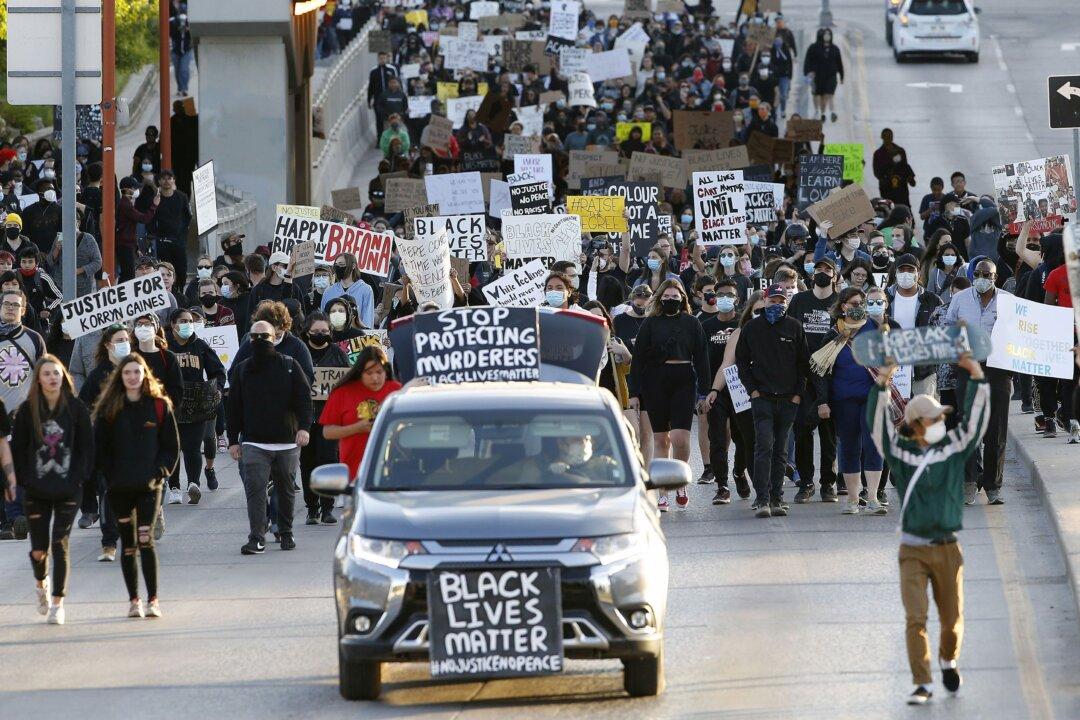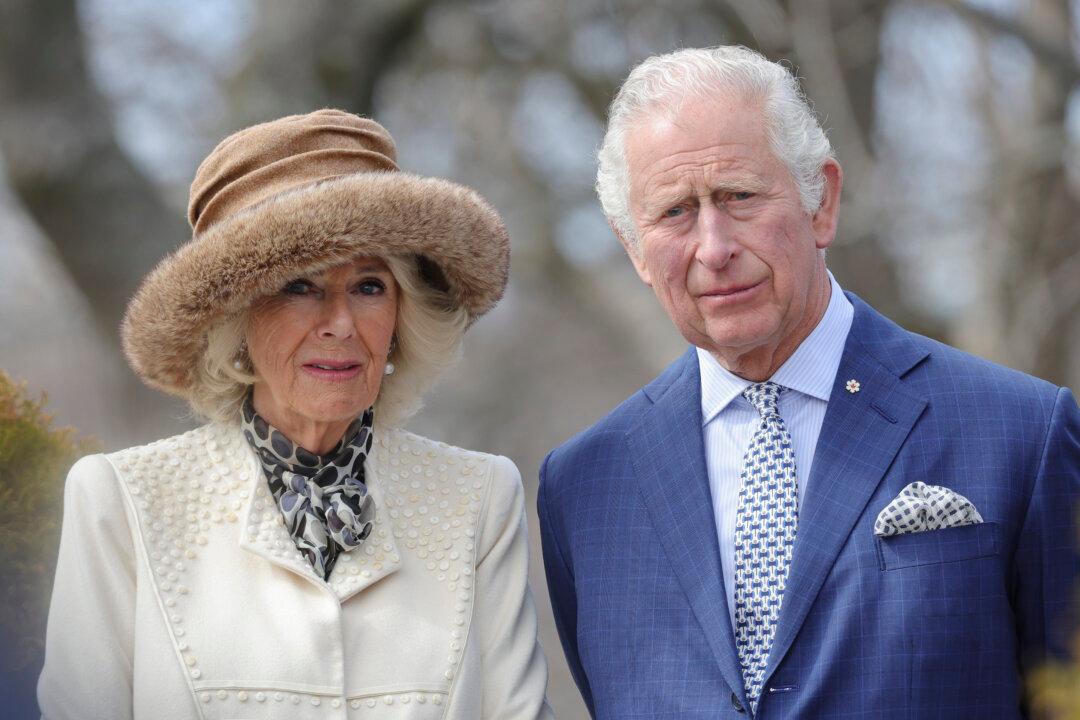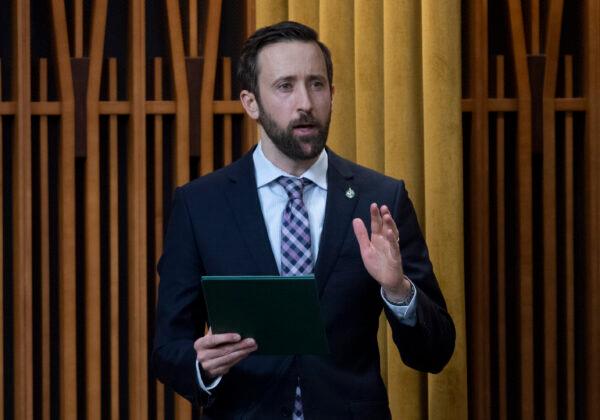Commentary
Several incidents in recent months seem to indicate that the wave of “cancel culture” and political correctness is only becoming more intense. In particular, the claim of widespread systemic racism has reached a new crescendo since the death of African American George Floyd at the hands of a white police officer in Minneapolis in May.





